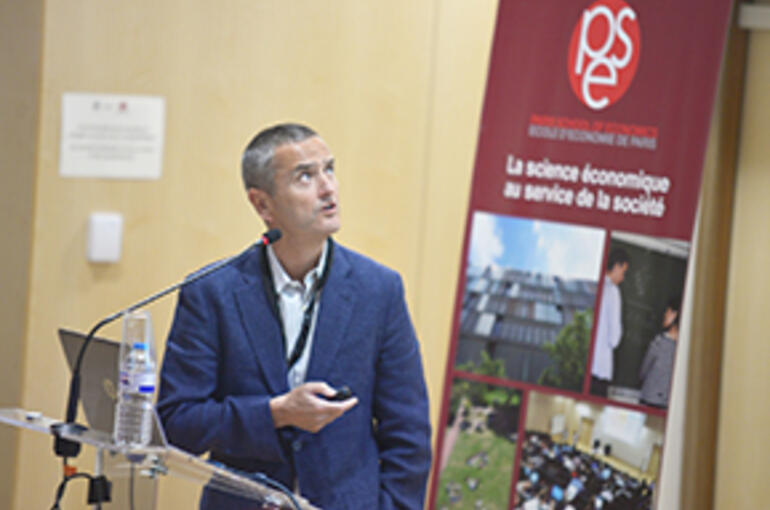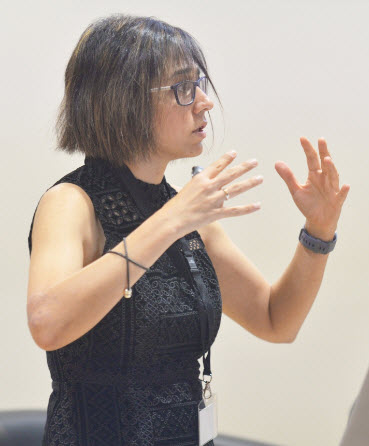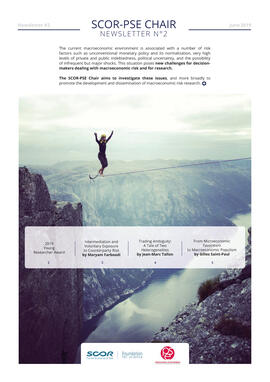- FR
- EN
The SCOR-PSE Chair holds its second Annual conference on Macroeconomic Risk
The second Annual Conference organized by the SCOR-PSE (Paris School of Economics) Chair, which took place in Paris on July 2, 2019, focused on Macroeconomic Risk research.
July 15, 2019

Ricardo Caballero, Ford International Professor of Economics at MIT, opened the conference with a keynote lecture on Risk-centric Macroeconomics, and more specifically on the role played by prudential monetary policies in mitigating the risk of safe asset shortages.
Other presentations (you can read the full program here) considered shocks, uncertainty and financial networks. So it seems appropriate that the SCOR-PSE Junior Research Prize was awarded to Maryam Farboodi (MIT Sloan School of Management) for her research on “Intermediation and Voluntary Exposure to Counterparty Risk”, in which she explains that the way in which relations between financial institutions are structured exposes them to excessive counterparty risk.
Maryam Farboodi, winner of the Young Researcher Award
The day ended with a roundtable discussion on long-term risks for the world economy, with Gilles Saint-Paul (PSE/Ecole Normale Supérieure), Philippe Trainar (SCOR Foundation) and Natacha Valla (European Central Bank).
About the SCOR-PSE Chair
Under the scientific leadership of Gilles Saint-Paul (PSE, ENS) and the executive leadership of Nicolas Dromel (PSE, CNRS), the SCOR-PSE Chair, created in June 2018, aims to promote the development and dissemination of research into macroeconomic risk, in particular rare events and uncertainties that remain difficult to model. It publishes articles, organises an annual conference and gives out the Young Researcher Award each year.
About the SCOR Foundation for Science
The SCOR Corporate Foundation for Science, created in 2011, forms part of the Group’s long-term commitment to research and disseminating knowledge about risk. It promotes and finances research by means of subsidies, awards and conferences. The Scientific Council of the SCOR Corporate Foundation for Science, consisting of renowned scientists from a variety of disciplines, is in charge of determining its orientation in the areas of intervention that may be selected, with regard to the main projects on which it has to decide and its long-term strategy.

